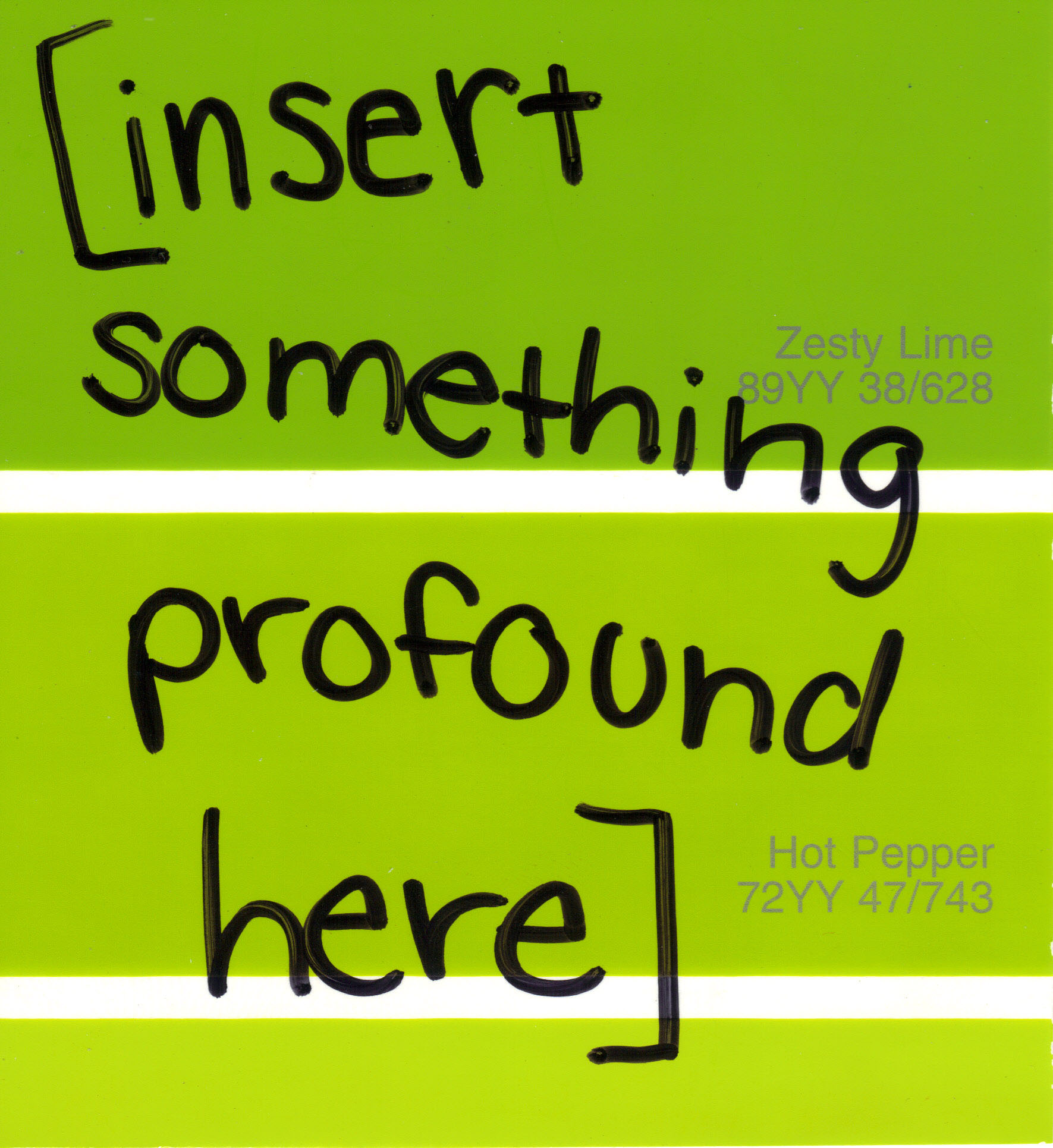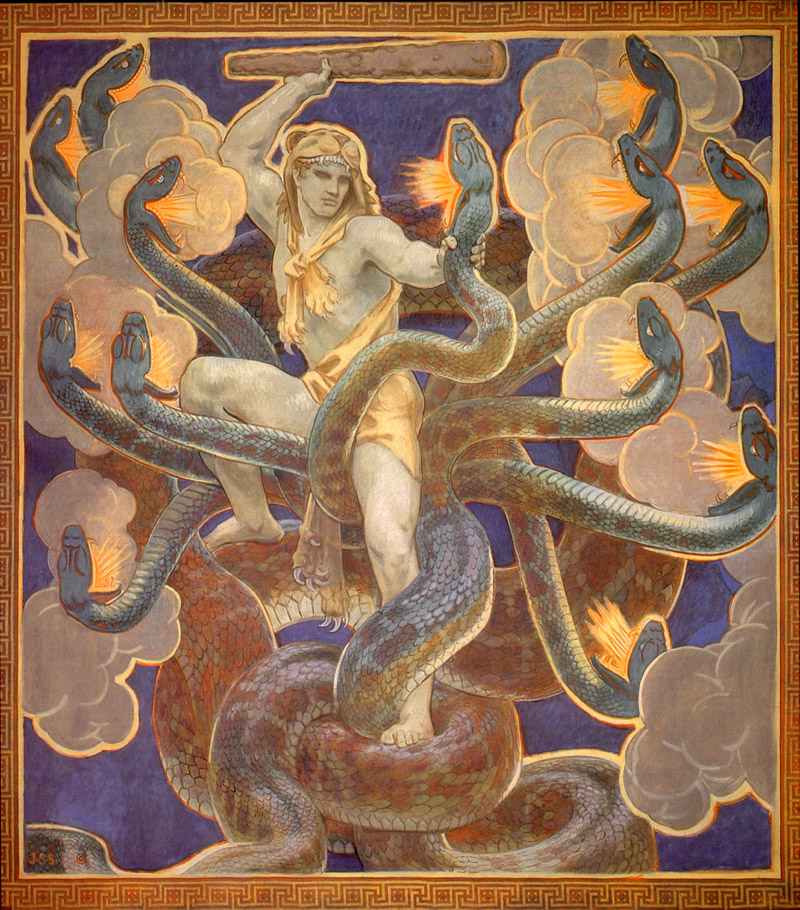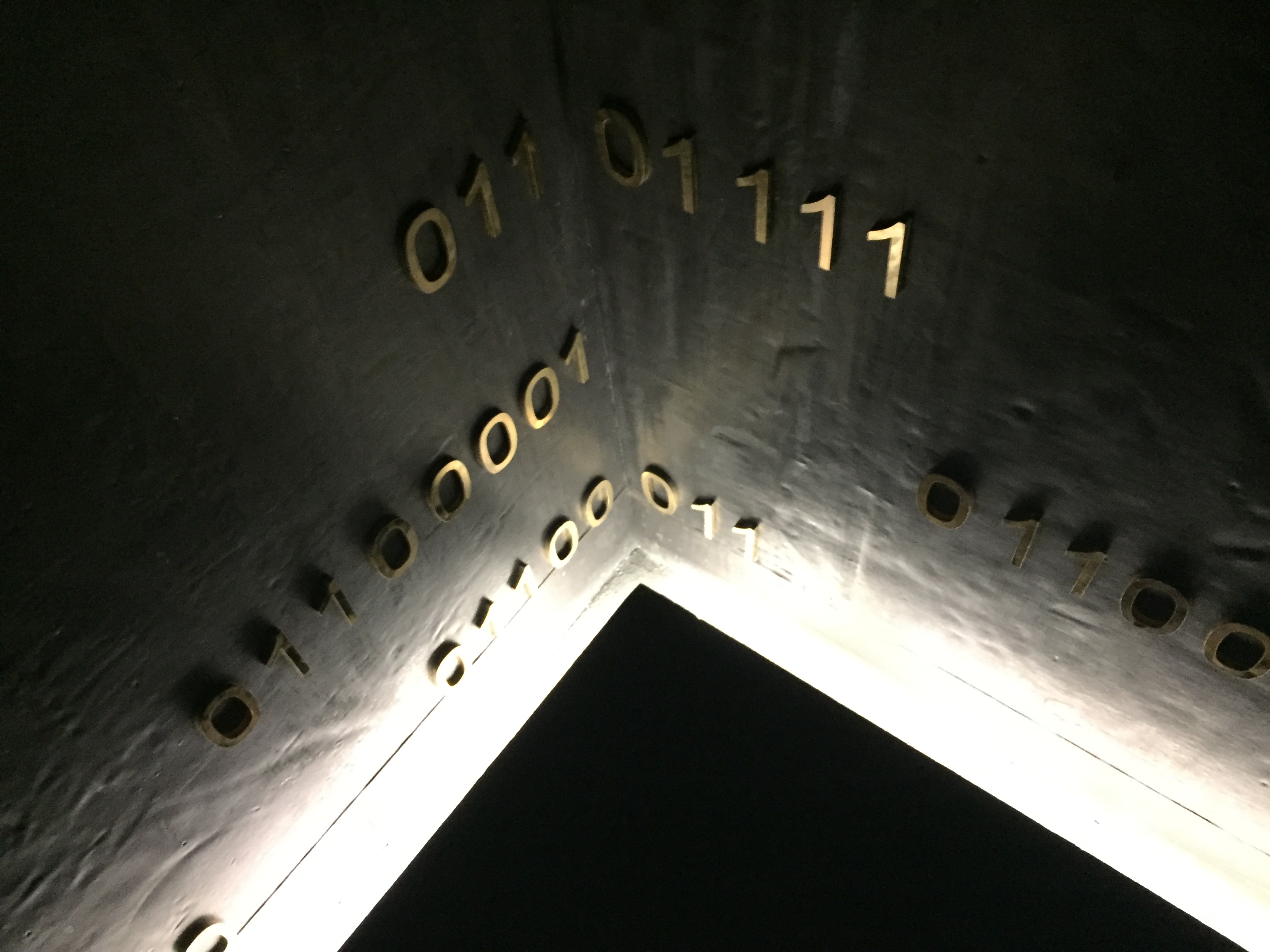I have a gift for everyone who has already blown through the books they found under the tree! (Or knows they will in this glorious lull between Christmas and New Year’s…) I web-scraped the NPR Book Concierge and Best Books of the Year pages from 2008 to 2018. And then I compiled them into a nifty spreadsheet that is searchable by tag and author or filterable by any category. Search the tags to find new favorites in your most-read genres to take a chance on the “no-tag” books to discover something new.
Leave a CommentHeather L. Bennett Posts
Bringing DHSI to UB-SIM I attended the Digital Humanities Summer Institute (DHSI)in June 2017 and completed the Accessibility and Digital Environments course, led by the…
Leave a CommentWords of Comfort from E.H. Carr I plan to begin writing the dissertation in earnest next month, but it’s hard to quiet the voice in…
Leave a CommentThe importance of Harry Potter The Harry Potter books are, arguably, the defining cultural touchstone for the millennial generation – of which I and my students…
One CommentMy digital dissertation on historical thinking, social media, and the digital age primarily utilizes Twitter data to answer questions about students’ understandings of the significance…
Leave a CommentRepublished from Storify. This sentence is the link to the original publication. A quick clarification of terms (with thanks to friend and colleague Paul McAfee…
Leave a Comment[Feel free to view & download the slides here too: bit.ly/digtools_ped] Welcome! Welcome to the University at Buffalo, Singapore Institute of Management workshop on Digital…
Leave a CommentA lighter day on my end – and in Denver, where the sun came out and I had a view of the Rockies from my…
Comments closedIt’s 4° F in Denver. So obviously one of the most shared images on Twitter this morning was Jon Snow. This sort of thing might…
Comments closedI’m wondering now how best to teach the sort of gender-inclusive history that is so near and dear to my heart in this world that is clearly so desperate for big change, not small celebrations. How do I present triumphant, resilient, energizing female warriors and rulers – but still communicate to my students the how limited and complicated those exceptional people were? How do I tell them about the inequality that pervades history without leaving them feeling helpless and lifeless?
I don’t know what this means for my syllabus yet. But this is what I’m thinking about. If you’re thinking about these things too, leave me a comment or come find me on Twitter.
Comments closed

